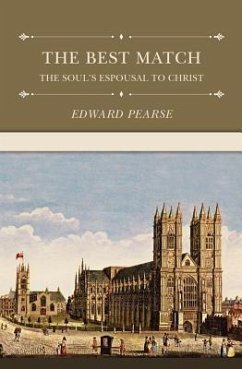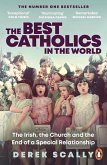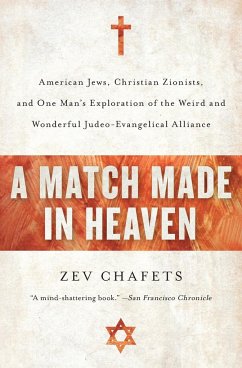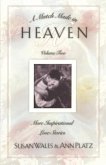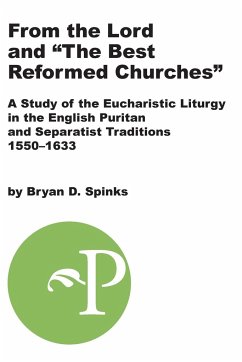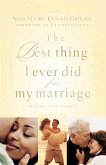Taking his theme from 2 Corinthians 11:2, Edward Pearse discusses the blessed marriage that exists between believers and Christ. He shows what makes Christ the perfect Bridegroom and how it is that God accomplishes this grand espousal. This is a work of great spiritual value, charged with experiential vitality and liberally sprinkled with gospel exhortations. Read and see that there is no better match for your soul than Jesus. "The arguments by which the author presses souls to come to Christ are most sympathetic and strong. And as there is a vein of heavenly affection which runs through the whole body of the discourse to allure such who are yet strangers to the Lord Jesus to fall in love with Him, so there is much solid matter interwoven, whereby those who are already called and have attained to some acquaintance with spiritual things may receive farther advantages." John Rowe (1626 1677), lecturer to Westminster Abbey and pastor of a congregation in Holborn, London.
Hinweis: Dieser Artikel kann nur an eine deutsche Lieferadresse ausgeliefert werden.
Hinweis: Dieser Artikel kann nur an eine deutsche Lieferadresse ausgeliefert werden.

